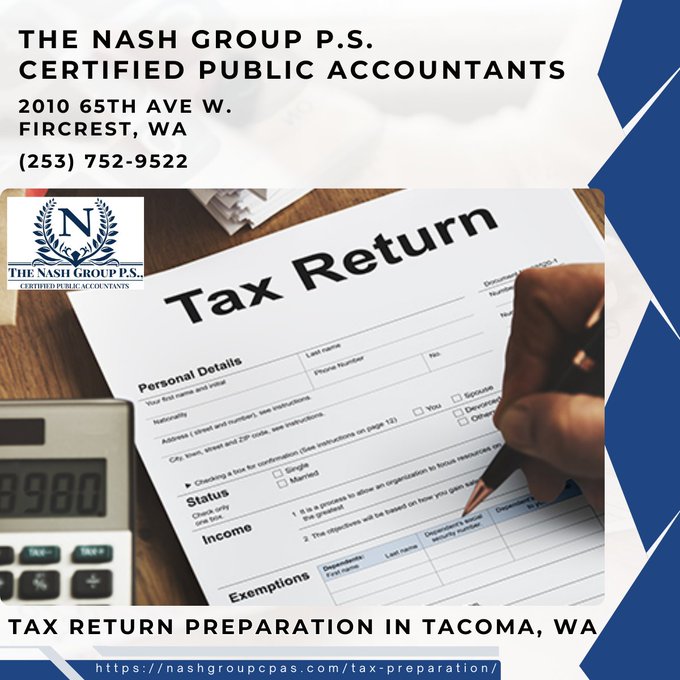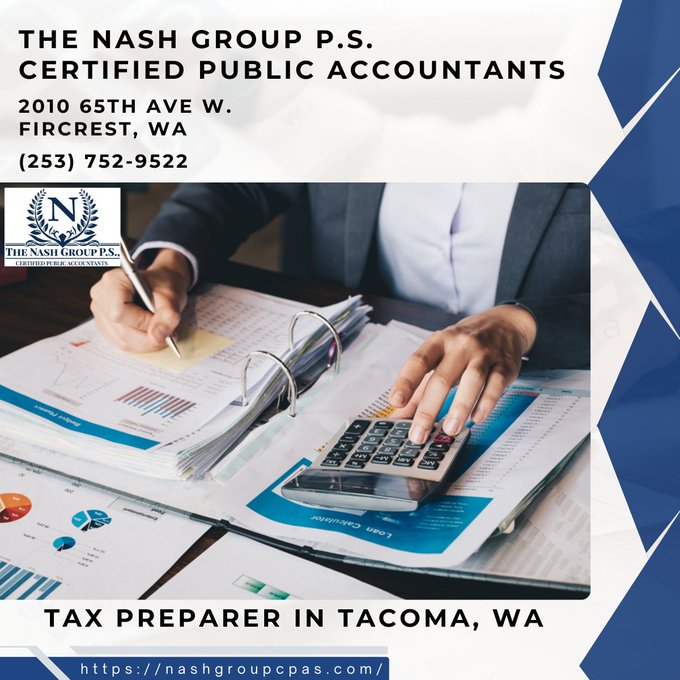Tax season can be a whirlwind of paperwork, calculations, and deadlines. As you gather your documents and prepare to file, one question often looms large: Timelines: How Long Does It Take to Get Your Tax Return Back? The answer isn’t straightforward, as several factors influence when you can expect your refund. In this comprehensive guide, we'll explore the intricacies of tax return timelines, costs associated with tax preparation, and what you need to know before filing.
Understanding Tax Return Timelines
What Are the Key Dates in Tax Season?
Tax season typically begins on January 1st and runs until April 15th each year. However, specific dates can vary based on holidays and weekends. Here's a quick breakdown:
- January: Tax season kicks off; prepare your documents. February: Most W-2s and 1099s are issued. April: Deadline for filing taxes; extensions available until October 15th.
How Long Does It Take to Get Your Tax Return?
The timeline for receiving your tax return largely depends on how you file:
- E-filing: Expect a refund in about 21 days if you choose direct deposit. Paper filing: Refunds may take six weeks or longer.
In some cases, the IRS may hold refunds for additional review, especially if there are discrepancies in your return.
Factors Influencing Your Refund Timeline
Filing Method Matters
E-filing vs. Paper Filing
E-filing is generally faster than paper filing. Why? Because electronic submissions reduce processing time significantly. If you're looking to speed things up, consider e-filing your taxes.
Direct Deposit vs. Paper Check
Choosing direct Tax Preparation Service deposit can expedite the receipt of your refund. With direct deposit, funds can be in your bank account within a few days after approval by the IRS. In contrast, opting for a paper check could delay your refund by several weeks.
Costs Associated with Tax Preparation
How Much Does US Tax Preparation Cost?
The cost of tax preparation varies widely based on complexity:
" width="560" height="315" frameborder="0" allowfullscreen>
- Simple returns may range from $100 to $300. More complex filings can exceed $1,000.
Understanding these costs upfront helps prevent surprises down the line.
What Does Tax Preparation Include?
Tax preparation involves gathering financial documents (W-2s, 1099s), calculating taxable income, claiming deductions/credits, and filing with the IRS or state tax authorities.
" width="560" height="315" frameborder="0" allowfullscreen>
Is it Worth Paying Someone to Do Your Taxes?
This is subjective; however:
- If you're self-employed or have multiple income sources, hiring an expert may save you money in the long run through deductions. For simple returns, DIY options like TurboTax might suffice.
Regional Considerations: Taxes in Tacoma
How Much is Tax in Tacoma?
In Tacoma, Washington:
- Sales tax is approximately 10.2%. Property tax rates vary depending on location but average around $14 per $1,000 of assessed value.
These local rates are crucial when considering how they impact your overall finances during tax season.
DIY vs Professional Help: Which is Better?
Can I Prepare My Own Taxes?
Yes! http://codyzjfx106.cavandoragh.org/discover-tacoma-what-is-tacoma-best-known-for Many people successfully prepare their own taxes using software like TurboTax or H&R Block's online services. However:
- Consider professional help if you're unsure about deductions or credits.
What Does H&R Block Charge for a Simple Tax Return?
H&R Block typically charges around $150 for simple returns but varies based on location and complexity.
Understanding CPA Fees and Services
How Much Do Most CPAs Charge?
CPAs usually charge hourly rates ranging from $150 to $400 per hour depending on their expertise and geography.
Why Do CPAs Charge So Much?
CPAs offer extensive training and hold certifications that ensure high-quality service—hence their higher fees compared to basic preparers.
Tax Planning Costs and Considerations
How Much Should I Expect to Pay for Tax Planning?
Basic tax planning services generally cost between $200 and $500 annually but can go higher depending on complexity.
Filing Requirements Based on Income Levels
Do I Have to File Taxes If I Made Less Than $1000?
Typically no; you don’t need to file if your gross income was below the standard deduction amount ($13,850 for single filers in 2023).
What is the Maximum Income You Can Make Without Filing Taxes?
For single filers under 65 years old in 2024, that threshold is expected to be around $13,850 as well—above this amount requires filing.
Social Security Income & Other Exemptions
Does Social Security Count as Income?
Yes; while Social Security benefits might not be taxable for everyone depending on total income levels (including half of Social Security benefits), they still count towards determining whether you need to file taxes.
Who is Exempt from Federal Income Tax?
Exemptions exist primarily for those whose incomes fall below certain thresholds or specific groups like religious organizations under certain conditions.
Consequences of Not Filing Taxes
What Happens If You Don't File Your Taxes But Don't Owe Anything?
Even without owing taxes:
- Failing to file could lead to penalties later.
It's always best practice to submit even if you think you might not owe anything!
Getting Your Refund Quickly
How To Get a $10,000 Tax Refund?
To maximize potential refunds:
Claim all eligible credits. Ensure proper withholding throughout the year.Consider working with a professional if aiming high!
Common FAQs About Tax Returns
Here are some common questions along with concise answers:
How long does it take to get my tax return back after e-filing?- Generally about 21 days with direct deposit.
- High-interest rates and potential service fees apply.
- Yes! You may still qualify based on withholding or eligibility for credits.
- Yes; self-employed individuals must report any income regardless of amount earned.
- Average rates range between $100-$250 depending on qualifications.
- Prices start at around $60 for simple returns but increase with features added.
Conclusion
Navigating through tax season doesn’t have to be daunting when you understand timelines related to getting your return back alongside preparation costs involved! From e-filing advantages that speed up refunds significantly versus traditional methods down through understanding local taxation implications—you’re now better equipped with actionable insights! Remember that whether tackling taxes solo or seeking professional guidance—the critical takeaway here revolves around being informed so that every step taken maximizes efficiency while minimizing stress levels throughout this yearly endeavor!
This article has covered everything from timelines related directly addressing "Timelines: How Long Does It Take to Get Your Tax Return Back?" through financial implications surrounding preparatory costs alongside various regional considerations too! Always remain proactive regarding fiscal responsibilities—happy filing!

